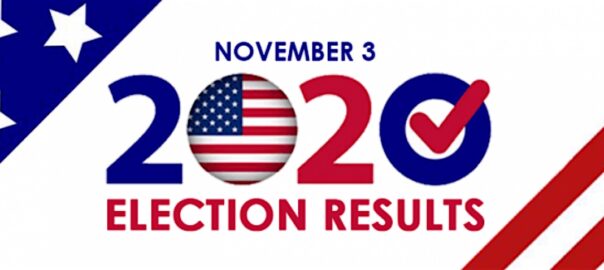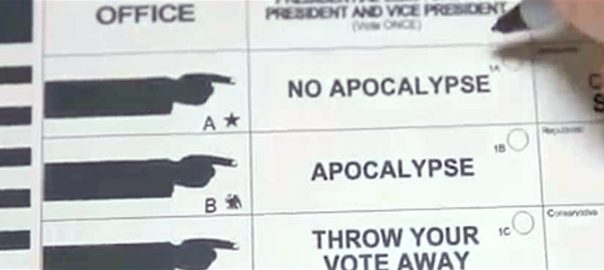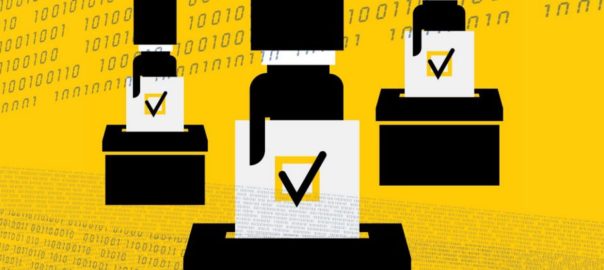
Yes. On many levels, each of our votes does matter.
Cynicism is always ready to win in our hearts as we see the machinations and manipulations of powerful elites, especially the influence of large donors. There are continual cries for better voting standards, especially demanding some kind of ID, citizenship, and periodically refining the rolls so only eligible people vote. These reasonable measures are called suppression by those that want no safeguards and maximal ability to influence results in the name of “access.” Conversely, others wonder if their votes matter in congressional districts or even whole states that are heavily weighted toward one party. These folks see the influence of big tech and social media and wonder if their mark matters.
Yes. Each vote matters. However imperfect, the USA remains a representative republic, and local and state candidates, propositions, and amendments have great impact on our daily lives. Here is a shocking reality: if only half of all eligible voters register and only half of them vote, it means that 13% of the adult voting population elects those in power! Please see this: 50% register…50% of them vote (25% of the eligible population) …and just more than half of these voters elect and approve measures (12.51%…rounded to 13%) …there is a big need for eligible voters to show up and make their voices heard. The percentages are a bit higher in many election years, but huge numbers of our neighbors are unengaged.
Please study the issues carefully and vote. Encourage your neighbors to vote, even if you disagree on some issues. Join with groups that ensure both access and reliability, citizenship and ID, and support both ID and registration drives so all citizens age 18 and older have a voice.
There will always be critics of every election and there will always be some corruption. Stand with reasonable leaders demanding integrity and be watchful for undue influence of large donors supporting what are supposed to be non-partisan efforts to secure the vote. At the same time, do not blindly follow every accusation made by personalities or groups from one side or the other. We are far too quick to accuse those we differ with and exonerate those we like.
Last week I spoke about having winsome voices in the public square. Voting is one way our voices are heard.




